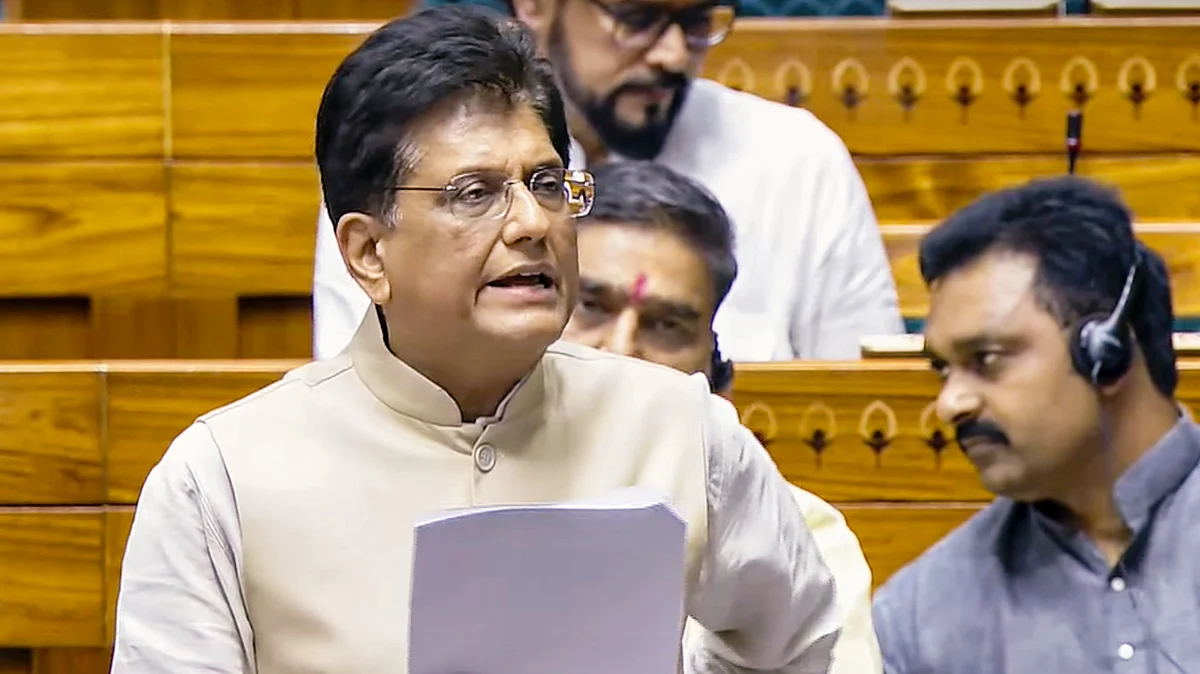Jan Vishwas Bill 2025 introduced in Lok Sabha, referred to select committee
The Bill seeks to decriminalise a wide range of minor offences to promote ease of living and business

The government on Monday introduced the Jan Vishwas (Amendment of Provisions) Bill, 2025 in the Lok Sabha, seeking to decriminalise a wide range of minor offences to promote ease of living and business.
The legislation was later referred to a Select Committee, which has been asked to present its report by the opening day of the next parliamentary session.
Tabling the Bill, commerce and industry minister Piyush Goyal said the reforms aim to strengthen trust-based governance and reduce the compliance burden for individuals and businesses. The move is being positioned as part of broader efforts to improve India’s business climate.
The Bill proposes amendments to 355 provisions across 16 central Acts administered by 10 ministries. Of these, 288 provisions are to be decriminalised to facilitate ease of doing business, while 67 are intended to ease day-to-day living.
The proposals include replacing imprisonment clauses for minor or procedural defaults with monetary penalties or warnings, proportionate fines with graded penalties for repeat violations, and empowering designated officers to impose penalties through administrative processes — thereby reducing judicial workload.
Significantly, the Bill also provides for an automatic 10 per cent increase in penalties every three years to maintain deterrence without requiring legislative approval.
Among the Acts covered are the Tea Act, 1953, the Legal Metrology Act, 2009, the Motor Vehicles Act, 1988, and the Drugs and Cosmetics Act, 1940. These were partially decriminalised under the Jan Vishwas Act, 2023, which amended 183 provisions across 42 central Acts. The new Bill expands this agenda further.
The draft also introduces 67 amendments under the New Delhi Municipal Council (NDMC) Act, 1994 and the Motor Vehicles Act, 1988. In NDMC’s case, the property tax regime will shift from the rateable value method to a unit area method, linking tax calculations to property size, usage, and location. Officials said this would simplify assessments, reduce discretion, and enhance compliance.
For the Motor Vehicles Act, the Bill proposes reforms such as state-wide vehicle registration instead of jurisdiction-specific limits, a 30-day grace period for licence renewals, renewal validity from the date of application even if delayed, and greater flexibility for tribunals to condone delays in claim filings of up to 12 months.
The introduction of the Bill came amid protests from Opposition parties, who demanded discussions on alleged irregularities in voter roll revisions in Bihar and other issues.
Follow us on: Facebook, Twitter, Google News, Instagram
Join our official telegram channel (@nationalherald) and stay updated with the latest headlines
